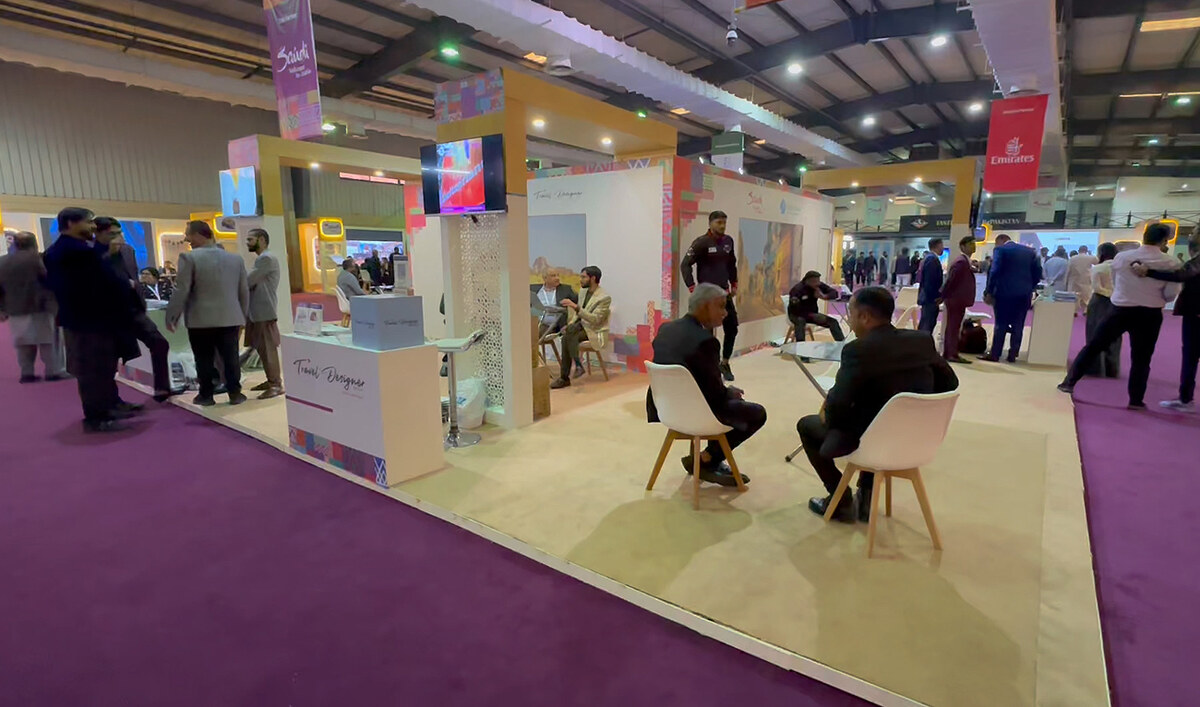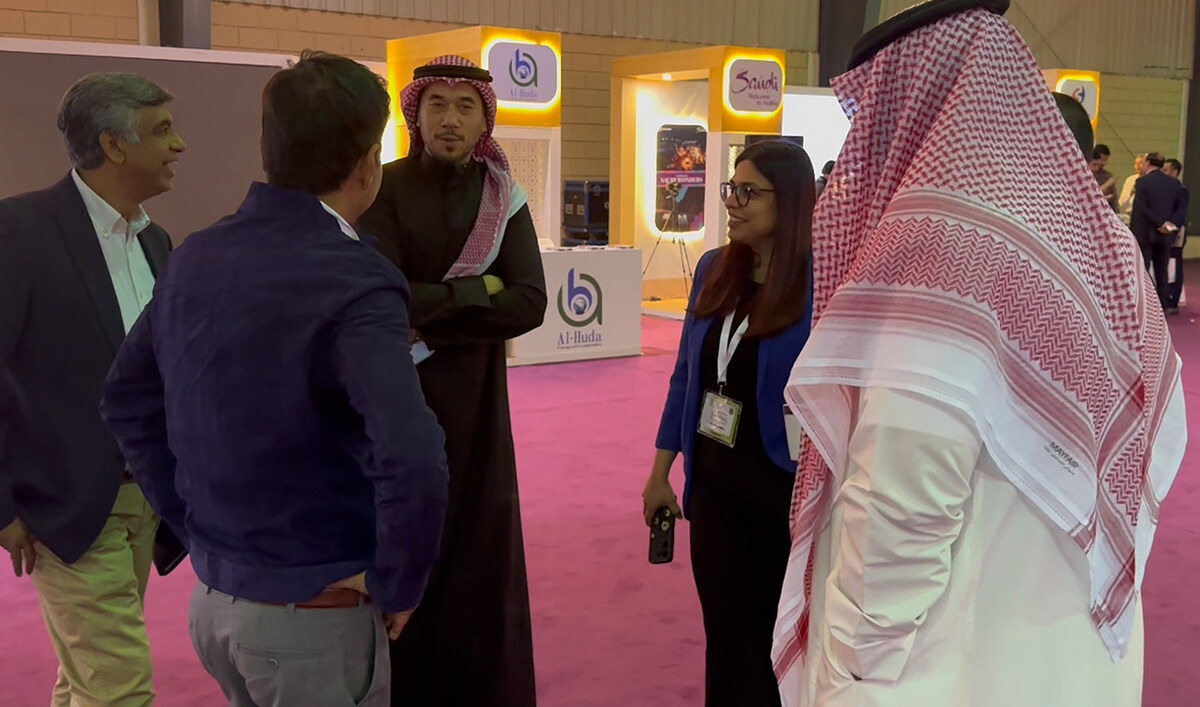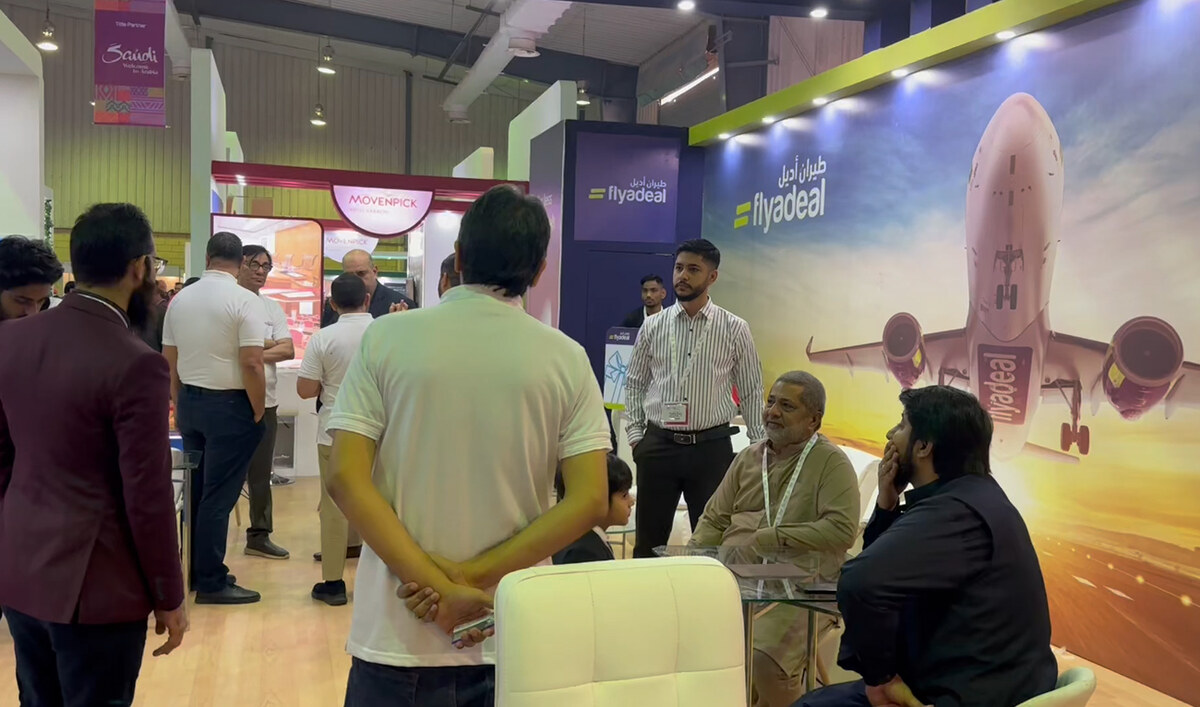KARACHI: Pakistan’s southern Karachi port city will start experiencing heat wave today that is likely to persist until the end of the week, said the country’s chief meteorologist on Wednesday, as different cities have already been enduring sizzling weather, with upper portion of Sindh province recording temperatures exceeding 52° Celsius.
Earlier this month, the National Disaster Management Authority (NDMA) of Pakistan issued a warning regarding soaring temperatures in certain areas of Sindh and eastern Punjab province, saying they were expected to surge to 40°C between May 15 and 30.
“The temperature will rise up to 45 degrees Celsius,” said Sardar Sarfraz, chief meteorologist, adding that since the situation would persist until June 1 and not for five consecutive days, it would technically be considered a partial heat wave.
Sarfraz noted that the weather in other parts of Sindh had been very hot, with Mohenjo Daro almost reaching a point where it could break its own record of 53.5°C on May 27, 2010.
“Mohenjo Daro’s temperature reached 52.5 degrees Celsius, the third highest for the country,” he said.
In Pakistan, Sarfraz mentioned that the highest temperature was recorded at 54°C in Turbat in 2017, making it the country’s highest and the fourth highest in the world.
Speaking to Arab News, Jawed Memon, a weather expert, said Karachi had already experienced “feels-like” heat wave for the past seven to nine days. However, he said the situation was likely to remain bearable in the next few days.
“Due to these dry and dusty winds, significant drop in humidity levels is expected, specifically from tonight and the feels-like temperatures won’t be so high,” he said
Climate change exacerbates heat waves in Pakistan, with extreme temperatures becoming more frequent.
The country, among the top ten most vulnerable to climate impacts, also faces untimely downpours, floods and droughts.
These heat waves lead to various illnesses, contributing to significant economic losses and weather-related deaths in summer season.
In 2015, Karachi witnessed a deadly heat wave, claiming more 2,000 lives, while devastating floods in 2022 killed around 1,700 people and affected over 33 million across the country, necessitating extensive rebuilding efforts.
Karachi braces for heat wave today amid sizzling weather across Pakistan
https://arab.news/ppex7
Karachi braces for heat wave today amid sizzling weather across Pakistan

- The country’s chief meteorologist predicts temperature in the port city to hit 45°C for the next three days
- Pakistan is in the grips of an intense heat wave since last week, with temperatures soaring past 52°C in Sindh





















